Unresolved trauma can sneak into your life and wreak havoc without you even realizing it. From unexpected mood swings to feeling constantly on edge, the signs of unresolved trauma can manifest in various ways.
It’s like carrying an invisible backpack filled with bricks – heavy, painful, and affecting every step you take. If you have ever wondered why certain things trigger intense reactions or why you can’t shake off a sense of unease, you might be dealing with unresolved trauma.
Let’s dive into the signs of unresolved trauma and shed some light on what might be going on the surface. And not just that, we will also explore how to deal with these painful feelings.
Related: 7 Telltale Signs Of Unresolved Trauma: Recognizing The Invisible Scars
What Is Unresolved Trauma?
Unresolved trauma is like carrying around old emotional baggage that never got unpacked. It happens when you go through a difficult or painful experience and don’t fully process it. Instead of healing, those feelings get buried deep, but they don’t disappear.
They can resurface in sneaky ways, like anxiety, irritability, or feeling stuck. It’s like your mind’s way of saying, “Hey, there’s still some stuff we need to deal with!”. If left unaddressed, unresolved trauma can impact your relationships, mental health and overall well-being.
Recognizing it is the first step towards healing and moving forward.
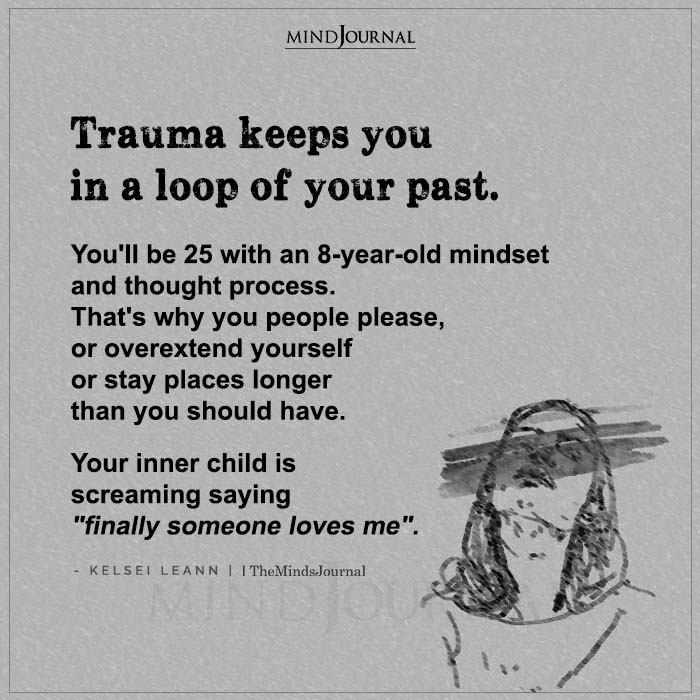
9 Signs Of Unresolved Trauma
1. You overreact to minor stressors.
Emotional overreaction to small things can be a subtle symptom of unresolved trauma. You might find yourself disproportionately upset or angry over small conflicts and problems. These intense emotional reactions might stem from past traumatic experiences that you have not processed.
This amplifies your responses, making everyday challenges feel overwhelming, because your sensitivity to stress has heightened. Recognizing this pattern can help you understand your underlying trauma better.
2. You suffer from negative self-perception.
One of the major signs of unresolved trauma is this; it can signficantly impact your self-esteem and how you view yourself. You might struggle with feelings of worthlessness, shame or guilt, even when there’s no logical reason behind it.
These negative beliefs about yourself can stem from trauma, leading you to doubt your abilities and value. This can end up affecting your personal and professional life, making it hard to succeed in your career or maintain healthy personal relationships.
3. You find it hard to trust others.
Unresolved trauma in adults can manifest as serious trust issues. If you have been hurt or betrayed in the past, it’s natural to be wary of getting close to people. You might constantly doubt other people’s intentions, expecting them to hurt or disappoint you.
This constant lack of trust can strain your relationships, making it hard to form deep, meaningful connections. You might find yourself keeping people at arm’s length, and try your best to not be vulnerable, in order to protect yourself from more pain.
4. You struggle with flashbacks and intrusive memories.
Flashbacks and intrusive memories are vivid recollections of traumatic events that can feel as real as when they first happened. These unwelcome memories can be triggered by anything – a smell, a sound, or even a random thought – and can cause intense physical and emotional reactions.
You might feel like you are reliving the trauma, experiencing the same fear, pain or distress. Having such flashbacks tend to disrupt your life and make it hard for you to move on from your painful past.
Related: 7 Warning Signs Of Unresolved Childhood Trauma In Adults: Recognizing The Invisible Scars
5. You feel detached from reality (derealization).
Derealization is one of the most subtle signs of unresolved trauma; it’s when you feel disconnected from your surroundings, as if you’re living a dream or watching your life from outside of your body. This can happen as a coping mechanism to protect yourself from the pain of unresolved trauma.
You might feel like things around you are unreal or that you’re not fully present in your own life. This sort of detachment can mke it hard for you to connect with others and take care of your daily responsibilities or participate in social activities.
6. You exhibit certain avoidant behaviors.
Avoidance behavior involves steering clear of people, places, or activities that remind you of the trauma. This can mean isolating yourself from certain social events, staying away from certain people, or avoiding topics of conversations.
While avoidance might provide temporary relief, it stops you from fully processing and healing the unresolved trauma. Over time, this behavior can limit your life, making it smaller and more restricted.

7. You are always hypervigilant.
One of the biggest signs of unresolved trauma in adults is hypervigilance. Hypervigilance is a state of being constantly being on guard, always expecting danger. It’s like your brain is stuck on survival mode, unable to relax or get it’s guard down.
You might be easily startled, always scanning your environment for threats and finding it hard to focus on something. This heightened state of alertness can be emotionally and mentally exhausting and can interfere with your ability to enjoy life.
8. You suffer from chronic pain and other physical symptoms.
Chronic pain and other physical symptoms can be one of the silent signs of unresolved trauma. You might experience headaches, stomach aches or muscle tension that don’t seem to have a medical cause. These physical symptoms can be your body’s way of expressing emotional pain.
Unresolved trauma can cause your body to remain in a state of stress, further causing more physical discomfort. This mind-body connection means that untreated emotional trauma can manifest as physical ailments.
Related: Healing Through Literature: 10 Must-Read Books For Complex Trauma Survivors
9. You show signs of emotional numbness.
Emotional numbness is a coping mechanism where you shut down your feelings to avoid pain. If you find yourself feeling detached or disconnected from your emotions and those around you, it could mean you are dealing with unresolved trauma.
You might struggle to experience joy, anger or sadness, leading to a sense of emptiness. This feeling of emotional disconnection can affect your personal relationships making it hard for you to connect with others on a deeper level.
How To Deal With Unresolved Trauma?
- Practice mindfulness and meditation: Make it a habit to engage in mindfulness practices to stay grounded and present. Meditation can help calm your anxiety and stress.
- Look for creative outlets: Expressing yourself through art, music or other creative activities can feel therapeutic. It gives you an alternative way to process and heal painful emotions.
- Nature therapy: Spending time in nature and engaging in activities like hiking, gardening, or simply sitting in a park can have a calming and restorative effect on your mental health.
- Grounding techniques: Techniques such as holding ice cubes, focusing on physical sensations, or using textured objects can help bring you back to the present moment when you feel overwhelmed.
- Engaging in physical activity: Regular exercise can help reduce stress and improve your mental health. Activities like yoga, running or dancing can be particularly beneficial for your mental and emotional health.
- Educate yourself about trauma: One of the most important things you can do while dealing with your unresolved trauma is this. Understanding how trauma affects your body and mind can empower you to manage symptoms.
- Creative visualization: Use guided imagery to visualize a safe space or positive outcomes. This can help you feel more in control and reduce anxiety associated with trauma.
- Journal your thoughts and feelings: Writing down your experiences and emotions can be a powerful way to process unresolved trauma. It allows you to reflect and understand your emotions better.
- Build a support system: Surround yourself with supportive and loving friends and family. Sharing your experiences with people you trust can help you feel less alone and can go a long way in dealing with unresolved trauma.
- Be kind to yourself: Self-compassion is one of the best ways of dealing with unresolved trauma. Be kind to yourself and acknowledge that healing takes time. Practice self-care and remind yourself that your feelings are valid.

Takeaway
Unresolved trauma in adults is something that deserves more attention, compassion and seriousness; there are so many people dealing with pain like this but are not being able to talk about it. If you feel you are one of them, then try to understand if these signs apply to you.
Related: The 5 Most Common Trauma Responses: Beyond Flight or Fright
If you relate to most or all of these signs of unresolved trauma, then you should think about seeking professional help.


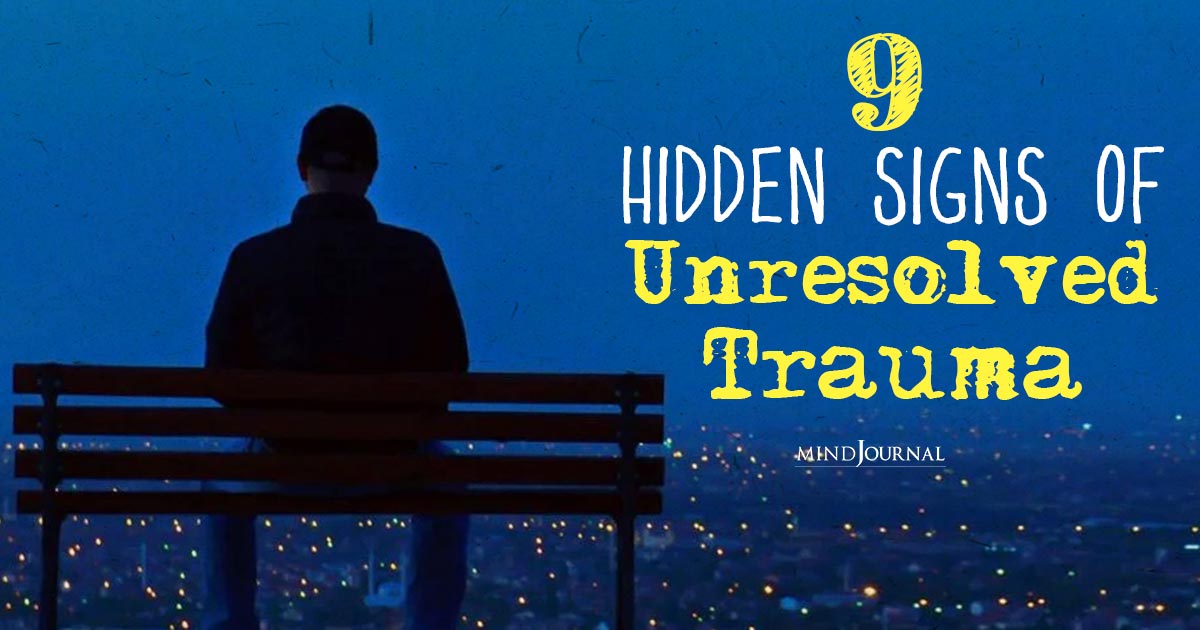
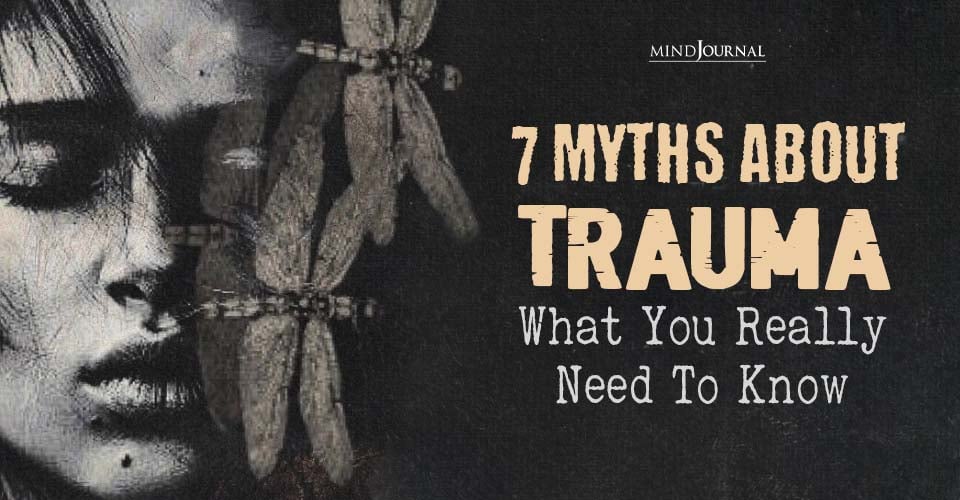
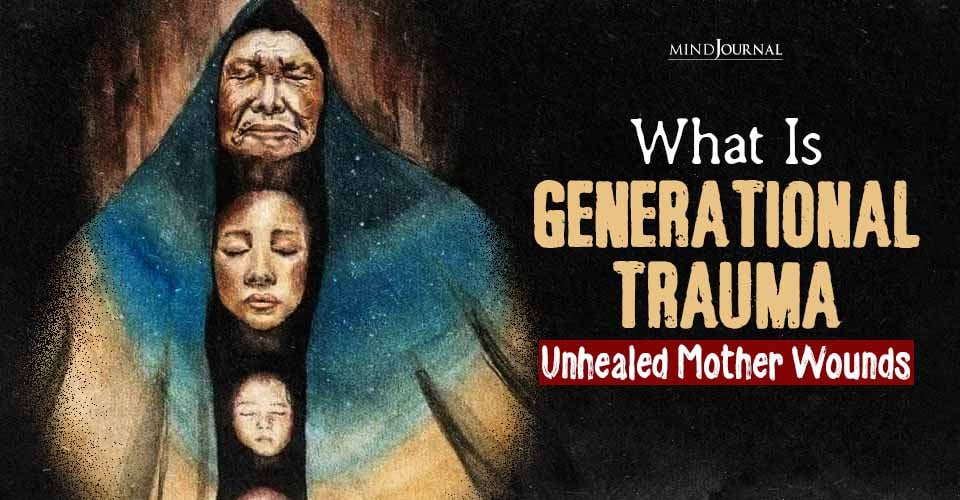
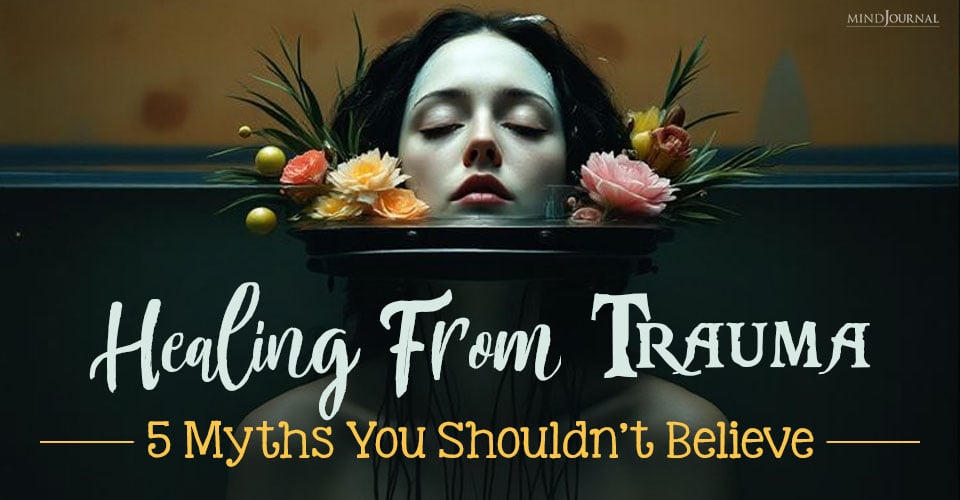
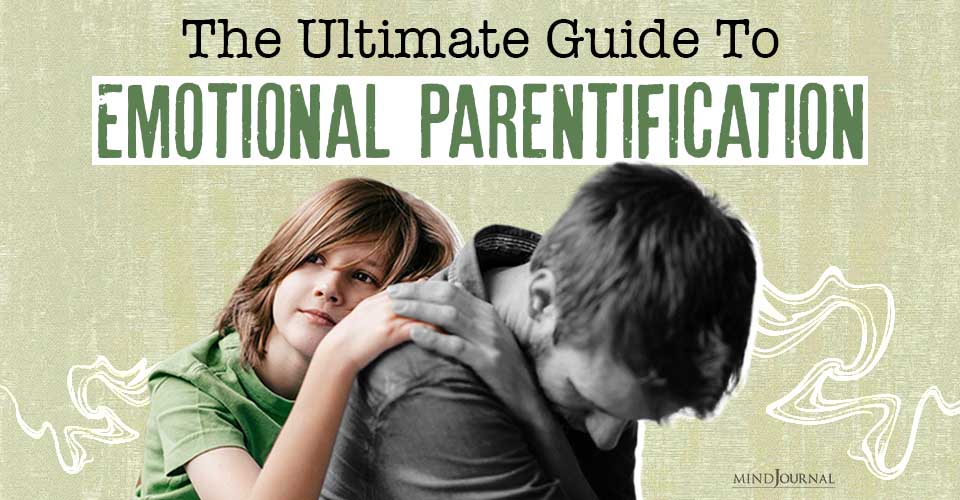
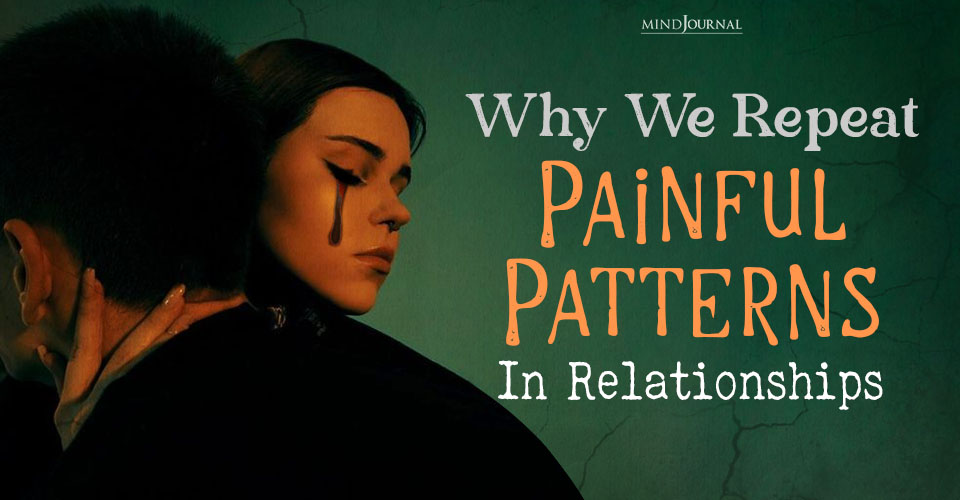
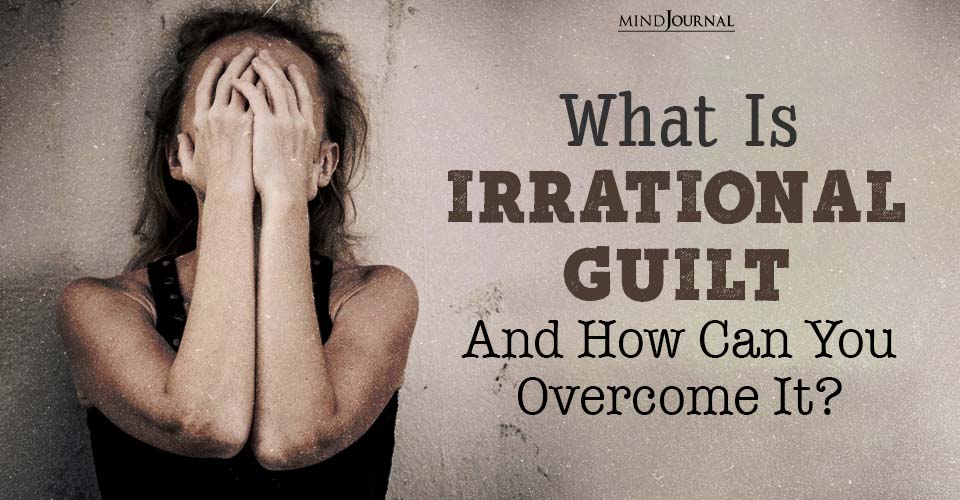

Leave a Reply